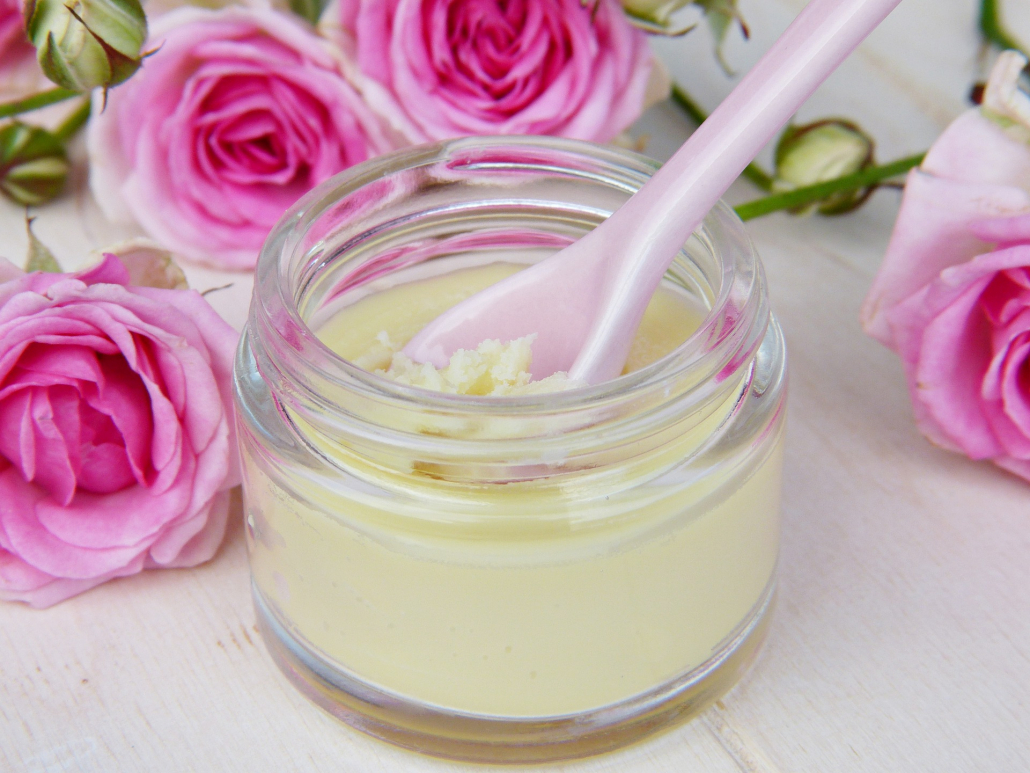By Stephanie Rose Bird
One of the herbs that are vital to the African American Healer’s Medicine Kit is shea butter. In my upcoming workshop at the Open Center, students will have the opportunity to work with this unique healing substance to create their own body butter.
These days shea butter is all the rage. You have probably spotted shea butter as a key ingredient in many types of shampoo, conditioners, hot oil treatments, soaps, lotions and creams, but may not be familiar with its source. The shea tree is a member of the Sapotaceae family Vitellaria parasoxa C.F. Gaertin, formerly called Butryrosperum paradoxum. Shea trees are found exclusively in the African Sahel, a semi-arid region south of the Sahara Desert and they grow 150-200 years.
Shea butter, known also as Karite in the Dioula language, is also called Women’s Gold because it brings women income. Shea butter has been traded as a commodity as early as the 14th century. Today shea butter is the third highest export product in Burkina Faso. It is one of few economic commodities under women’s control in Sahelian Africa. The trees have been tenderly cared for my women farmers and their children for hundreds of years.
While in the west we utilize shea almost exclusively in cosmetics, in Africa it has diverse uses:
- Sole source of fat for the Mossi people of Burkina Faso.
- Use to make soap, healing balms, cosmetics, candles, lamp oil and waterproof putty for housing.
- The wood is used for creating tools, flooring, joinery, chairs, utensils and mortar and pestles.
- Root and bark is medicinal.
- Imported chocolates contain shea.
- Shea butter is exported to Japan and Europe to enhance pastry dough and to enrich chocolates.
- It is used to soothe children’s skin, soften rough skin, protect against sunburn, chapping, irritation, ulcers and rheumatism.




